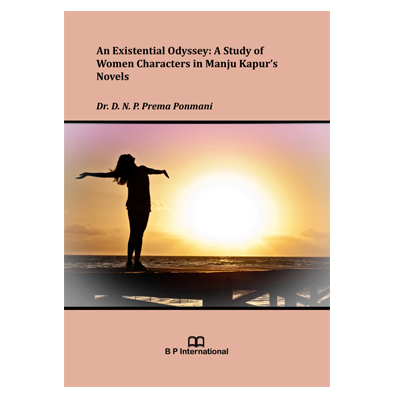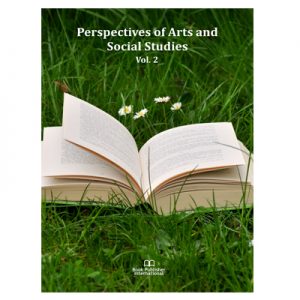In the vast landscape of literary analysis, the intersection of existential philosophy and the portrayal of women in literature has always been a fertile ground for exploration. This book delves into precisely this territory, offering a nuanced examination of women characters in the novels of Manju Kapur through the lens of existentialism.
Manju Kapur’s oeuvre stands as a testament to the complexities of human existence, particularly as experienced by women navigating through societal expectations, personal dilemmas, and existential predicaments. In this scholarly endeavour, the author meticulously dissects Kapur’s narratives to unravel the existential threads that weave through her characters’ lives.
The journey embarked upon in this writing is one that traverses through the philosophical landscape laid out by luminaries such as Sartre, Kierkegaard, Heidegger, Marcel, and Camus. These philosophical pillars serve as guiding lights, illuminating the path towards a deeper understanding of Kapur’s thematic preoccupations and narrative structures.
Each chapter unfolds a new facet of Kapur’s existentialist tapestry, from the examination of freedom, choice, and bad faith to the exploration of guilt, alienation, anxiety, and despair. Through meticulous analysis and insightful commentary, the author uncovers the existential dilemmas faced by Kapur’s women characters, shedding light on their struggles, aspirations, and ultimate quests for self-discovery.
This book is not merely an academic exercise; it is a journey of discovery, inviting readers to delve into the intricate layers of Kapur’s literary world and contemplate the existential realities it reflects. By placing Kapur’s work within the broader philosophical framework of existentialism, this book offers a new perspective on her contributions to Indian literature and existential fiction.
As readers embark on this scholarly expedition, may they find inspiration in the convergence of literature and philosophy, and may the insights gleaned from these pages resonate long after the final chapter is closed.





